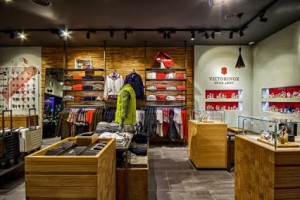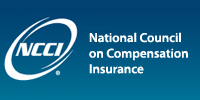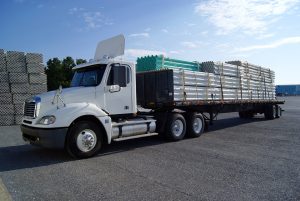Auto service companies include a large amount of businesses who provide a wide range of mechanical services for customers. Some may include businesses who offer engine repair, to tune-ups, to even work on electrical components. Other businesses include those businesses who repair vehicle body parts, transmissions or work on brakes. Other operations may include the retail sales of automobile accessories and tools. Some repair shops are a part of a gasoline or diesel fuel sales operation, or are part of an automobile dealership. On the other end of the spectrum, some businesses provide towing services.
As you can see this is a diverse range of businesses that bring about their own unique risks. These risks are different from that of a landscaping company or that of an office setting. From an insurance perspective, each business will require its own unique type and amount of insurance coverage. Here is a typical group of policies that are recommended to this industry.
- General Liability
- Garage Keepers Liability
- Business Personal Property
- Hired and Non-owned Auto
- Business Income and Expense
- Workers’ Compensation
General Liability – GL is required by law in most states and protects your business from both direct damage and indirect damage caused by the actions of your business or employees.
Garage Keepers Liability – According to the International Risk Management Institute, Garage Keepers Liability Coverage provides coverage for automobile and trailer dealers, particularly those dealers that maintain a service department or body shop. This coverage provides protection for liability exposures with respect to damage to a customer’s auto or auto equipment that has been left in the dealer’s care for service or repair.
Business Personal Property – This type of coverage covers buildings, business personal property, and personal property of others for direct loss or damage.
Hired and Non-owned Auto – this type of coverage is commonly added (or endorsed) onto the commercial auto insurance policy. The endorsement adds additional coverages for an automobile accident involving a vehicle they don’t directly insure. This is usually when your employees are driving a rented or leased vehicle as part of their work.
Business Income and Expense Coverage – This coverage takes care of expenses like payroll and lost revenue due to your business having to be closed because of damages incurred as part of a covered loss. This very commonly occurs when a fire occurs to your premises.
Workers’ Compensation Insurance – Workers Compensation Coverage will protect your business and your employees from injuries that occur as part of normal business operations. It provides medical expenses and some lost wages while they are hurt and not able to work. It provides protection from most lawsuits resulting from injuries that occur to employees as part of their normal work environment.
Below are some common classification codes for Auto Service Businesses in relation to Workers’ Compensation Insurance.
8380 Auto Service and Repair Centers. This is a broad code and typically applies to service stations and gas stations that perform repair or service work. This includes batteries, tires, oil changes, tune-ups, transmission work, etc. This class also includes specialty shops such as muffler shops and brake repair. Code 8380 also applies to employees working for new and used auto dealers and includes mechanics, parts, and service writers. Additional types of auto shops associated with this code include tire dealers. car washes, glass replacement, and window tinting.
8393 Auto Body Repair. This code is applicable for the body repair of automobiles using metal, fiberglass, and plastics. This classification includes upholstering and painting, and dent repair. Paint only operations typically fall under class code 9505- Auto Painting
8748 Auto Sales and Dealers. Applies to sales people employed by new and used care dealerships. This class also includes salespeople for boat and outboard engine dealerships. Not applicable to MA or TX.
8398 Auto Sales or Service Agency- Service, Parts, and Drivers. Applies only in NJ
8046 Auto Parts Stores Including Drivers. This class applies to both retail and wholesale auto parts and accessory stores and delivery drivers. It also includes salvage yard employees who do not work in the yard. N/A in MN and TX.
3821 Auto Recycling and Drivers. Applies to savage yard operations and includes dismantling of all types of automobiles. N/A in IN, MA, MN, and TX
3632 Auto Machine Shops. Applies top operations whereas parts are manufactured, fabricated, or rebuild while not attached to any vehicle. This code includes the repair of engines, inboard/outboard motors, and small engine repair.




